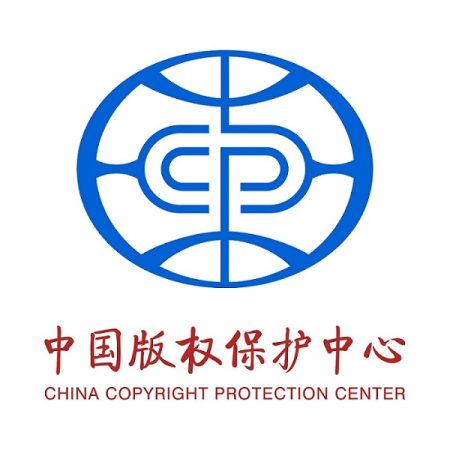
Protecting your works in a dynamic China. Take your small business to the next level with ChinaBrandSafe.
Secure your works’ future with a fast and easy online copyright application.
- including literary, oral, music and dance, acrobats, art, architecture, photography, film and film alike works, sketch, maps and other graphic works, and model works etc.
- Computer software copyright registration
- based on DCI(Digital Copyright Identifier) system
Get your works registered in just 3 easy steps using our simple online questionnaire.
Simply fill out our short questionnaire to get started.
We create the official application for you.
Your completed application will be filed with the China Copyright Protection Center (CCPC).
Frequently Asked Questions
Learn more about copyright registration in China.
China offers automatic copyright protection for original works under the Copyright Law of the People’s Republic of China. However, formal registration with the China Copyright Protection Center (CCPC) provides essential advantages:
- Legal clarity: Registration creates a public record of ownership, simplifying enforcement against piracy or unauthorized use.
- Market access: Many Chinese platforms (e.g., app stores, e-commerce sites) require proof of copyright registration to host foreign content.
- Deterrence against infringement: Registered works are prioritized in disputes, and statutory damages (up to RMB 500,000) apply.
- Prerequisite for ICP filings: Hosting websites or apps in China mandates an ICP license, which often requires copyright registration.
Key Tip: Even if your work is protected abroad, register it in China to avoid jurisdictional gaps in enforcement.
China is a signatory to the Berne Convention and WIPO Copyright Treaty, ensuring reciprocal protection. Key considerations:
- Automatic vs. registered protection: While foreign works are protected automatically under the Berne Convention, registration in China is still advised for streamlined enforcement.
- Dual-language registration: Works in Chinese characters (汉字) and transliterations (拼音) should both be registered to block copycats.
- Cross-border disputes: Chinese courts recognize foreign copyrights but prioritize locally registered works in enforcement.
Example: A U.S. novel translated into Chinese should register both the original English version and its Chinese adaptation to prevent unauthorized adaptations.
.
